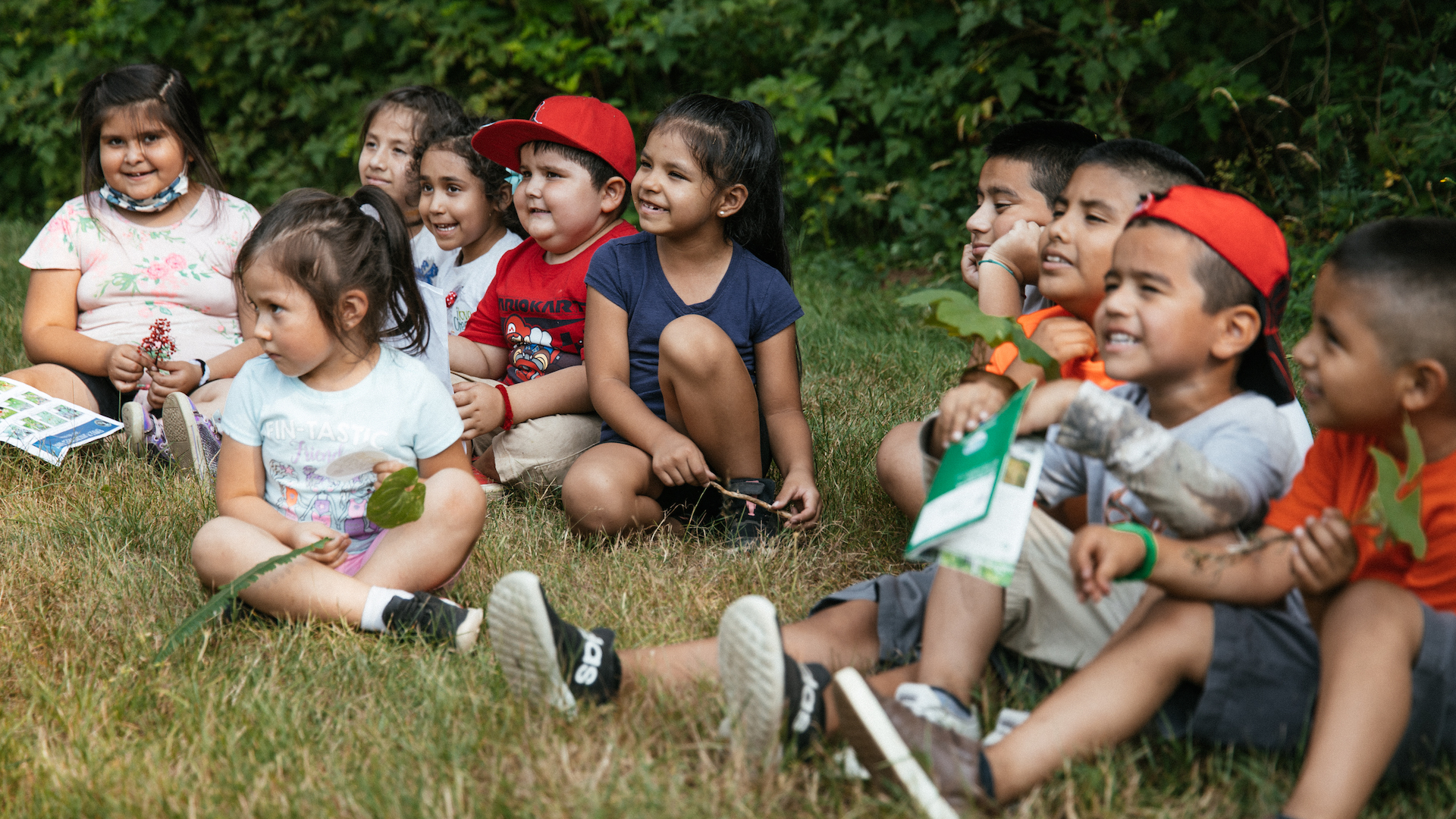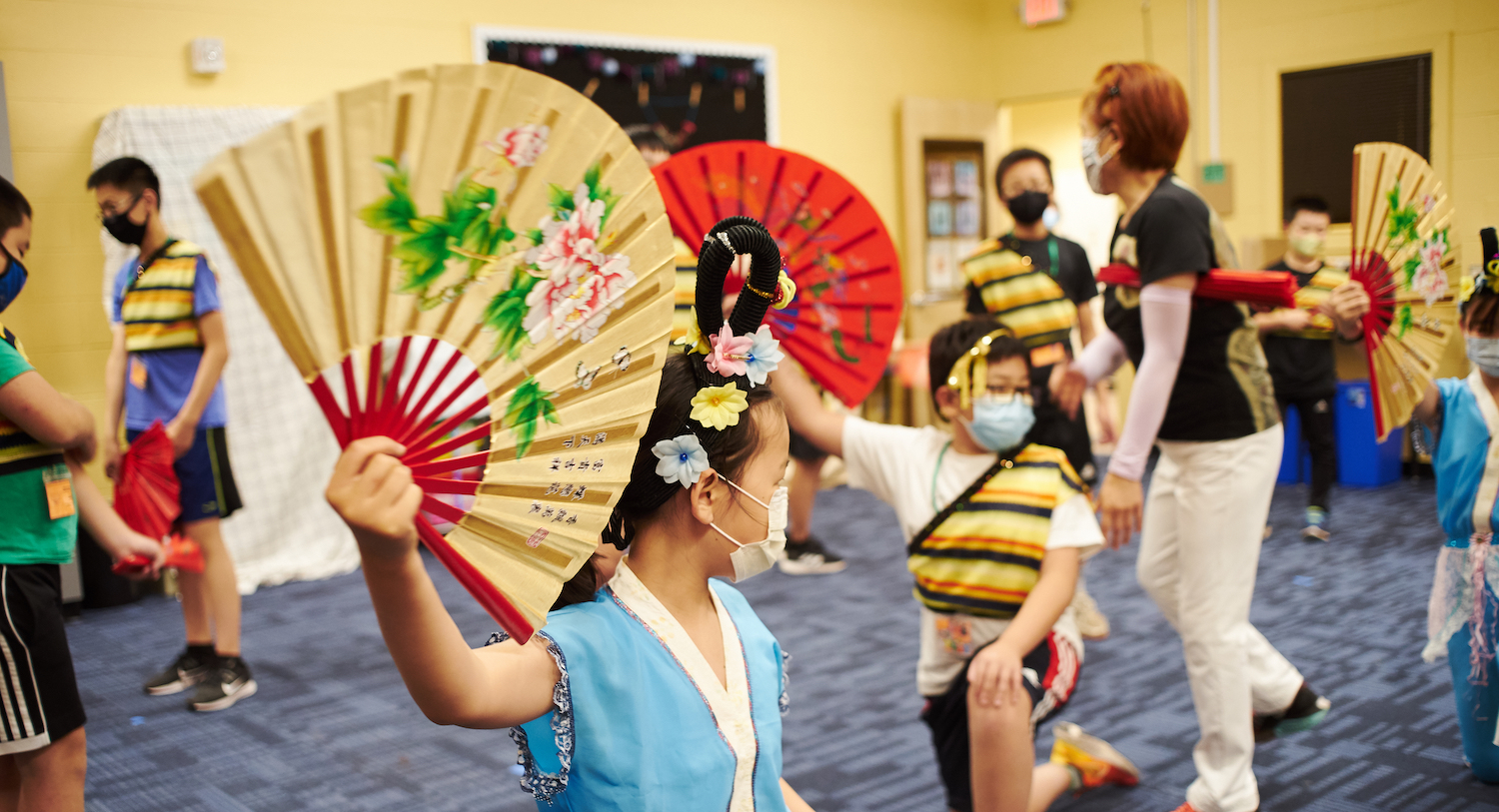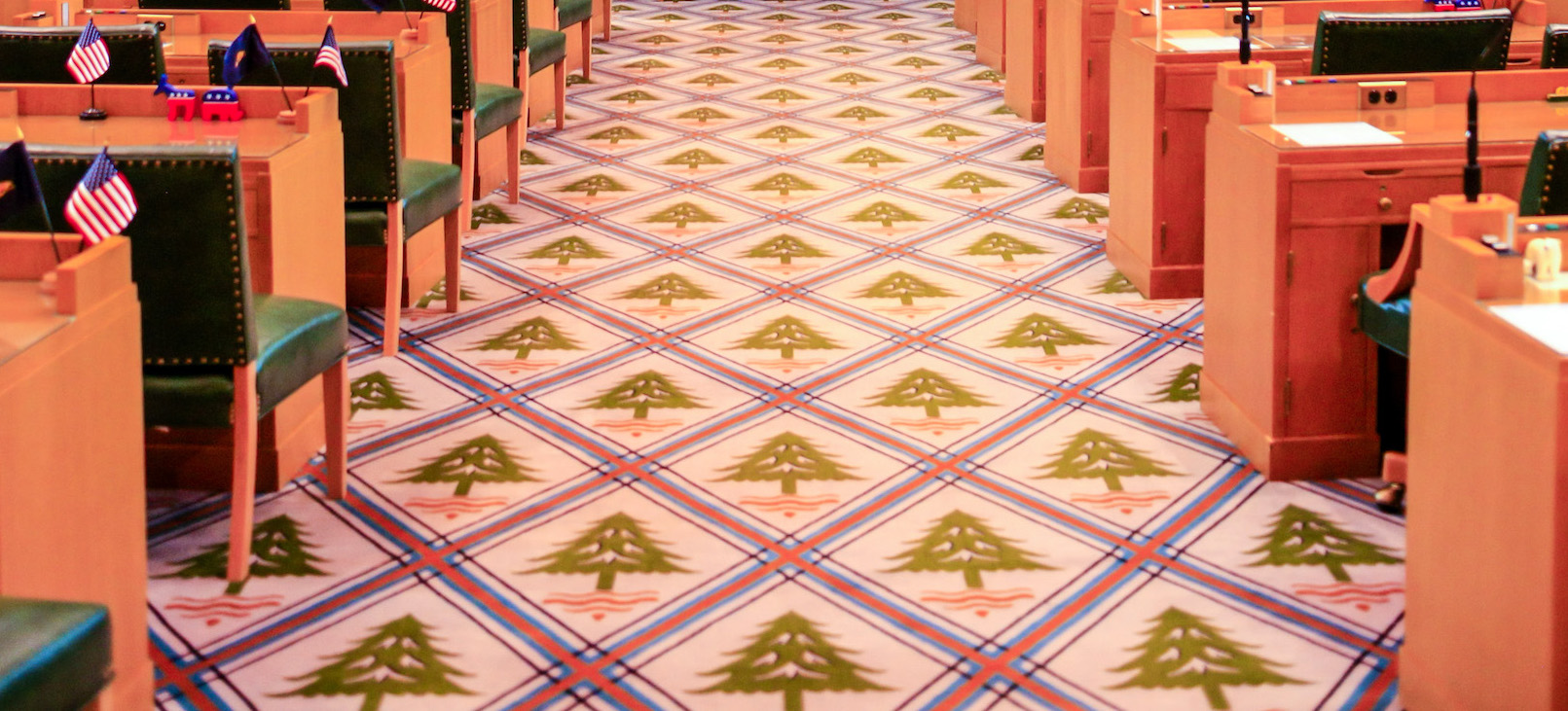Getting Summer Learning Back on Track
After the Oregon Legislature made historic investments in summer learning during the peak of the COVID-19 pandemic, state funding lapsed in 2023, disappointing youth and families across the state. House Bill 4082 will put Oregon back on track with a $50 million investment in summer learning this year. It will immediately expand access to high-quality summer learning programs that boost youth engagement; accelerate learning; nurture physical, mental, and behavioral health; and support college and career readiness.
“As a state we cannot say we want to do what’s right based on the research, but then not invest in summer learning another year,” said Pooja Bhatt, Education Initiative Director for Governor Tina Kotek, at Monday’s House Education Committee hearing. “We cannot afford to see what outcomes will be—particularly for historically underserved youth—by forgoing yet another year.”
Mercedes Elizalde, Director of Advocacy at Latino Network, agreed. After the state failed to fund summer learning last year, Latino Network observed a 50% drop in the number of youth who were able to access case management, mentorship, credit recovery, and support for classroom readiness.
“Without investment and long-term planning for partnerships,” Elizalde explained, “we will see a backslide that perpetuates the school-to-prison pipeline, over-policing communities of color, and a widening of education and health inequities that we work so hard to try to diminish.”
Funding shortfalls for summer learning also sharply impact communities with childcare shortages, forcing parents to leave the workforce and stay home with their children. Oregon’s “inability to sustain and build programs has not only been detrimental to children, but has had negative impacts on our parents, employers, and economic community as a whole,” wrote Maria Weer, Executive Director of Building Healthy Families in Wallowa County.




